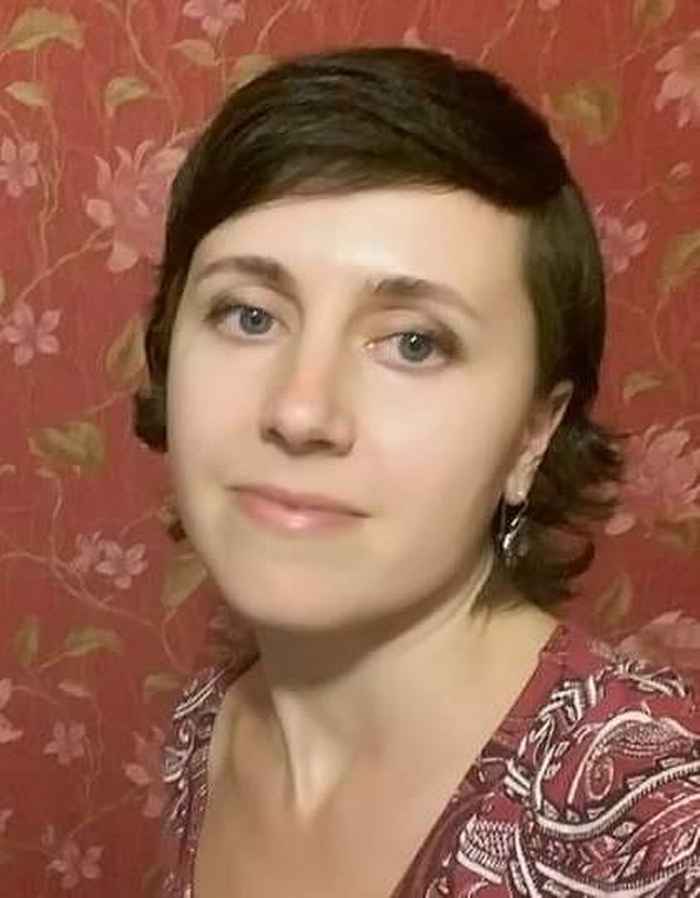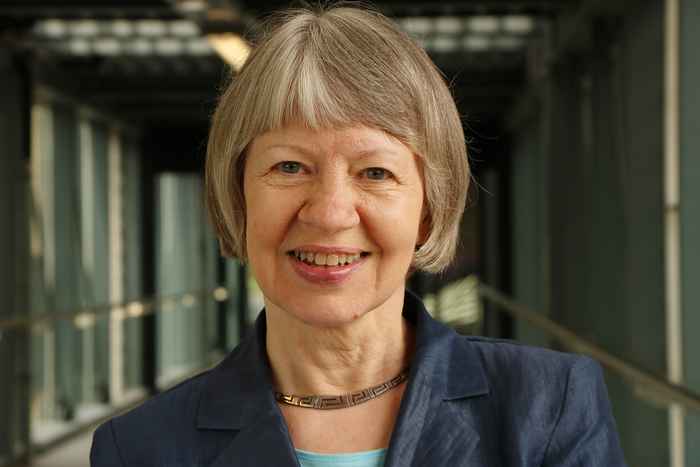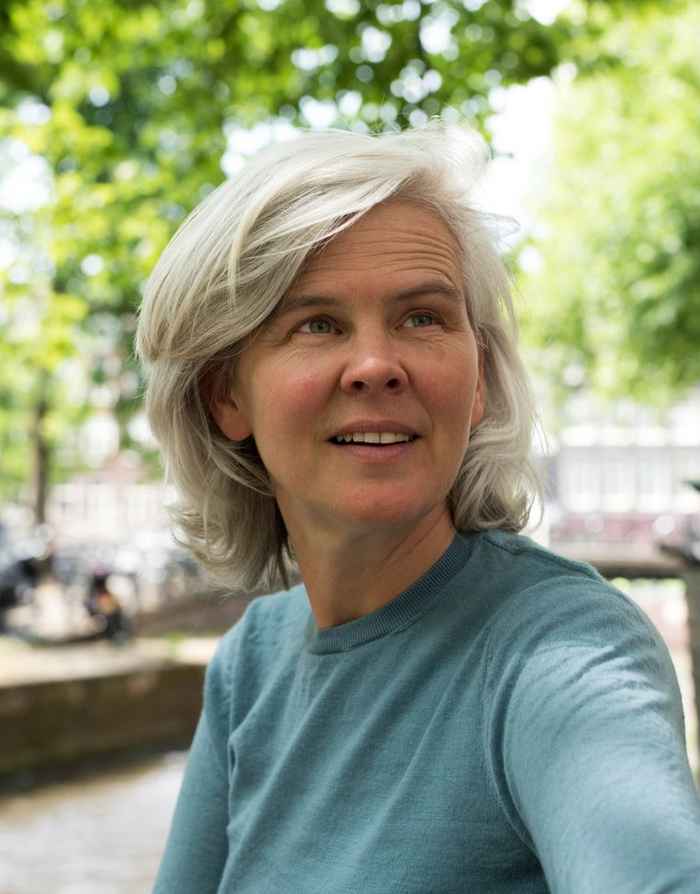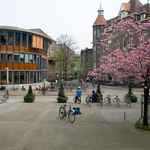Eastsplainers #1: Language
- Date
- 30 November 2022
- Time
- 17:00 -18:30
- Location
- BG 3
- Room
- VOX-POP
How do language politics work? How do conflicts relate to the ways in which we talk and write? And what happens to a language when it is subjected to the form of violent language extermination that we call linguicide – the linguistic equivalent of genocide?
Our speaker, linguist Oksana Kononchuk, had to leave Kyiv and her university because of the Russian war in Ukraine. She is currently guest researcher at the University of Amsterdam’s department for Russian and Slavic Studies and connected to the Amsterdam Centre for Language and Cognition. During this lecture, she will share her insights on words, war, and worldmaking and -breaking. Renowned Dutch linguist Nicoline van der Sijs (Radboud University) will serve as moderator. Ellen Rutten (professor of Russian and Slavic Studies, University of Amsterdam) will start off the lecture with a short introduction to the lecture series as a whole.
Please note: it is no longer possible to register for this event.

Oksana Kononchuk
Oksana Kononchuk was educated in two fields: in 2002 she graduated in Persian Language and Literature at the Taras Shevchenko National University of Kyiv’s Department of Oriental Studies. In 2010, she graduated from the Faculty of Theory and History of Fine Arts of the National Academy of Fine Arts and Architecture of Ukraine. In 2007, at Taras Shevchenko University’s Institute of Philology, Kononchuk defended her thesis research on Persian short stories of the 1920s-1940s – the first PhD research on Persian literature that was ever defended in Ukraine. She taught Persian language and literature at Taras Shevchenko National University (Kyiv). In 2022, she fled to Amsterdam, where she is currently a guest researcher a the University of Amsterdam’s Department of Russian and Slavic Studies.

Nicoline van der Sijs
Nicoline van der Sijs studied Slavic Languages and Literatures in Utrecht. Currently she is senior researcher at the Institute for the Dutch Language in Leiden and emeritus professor of historical linguistics of Dutch at the Radboud University, Nijmegen. She is specialized in historical linguistics and etymology. She set up a number of large databases with etymological information, such as the Etymologiebank.nl and the Uitleenwoordenbank, and she was projectleader of the Transcriptor, a tool that automatically converts Ukrainian and Russian personal names and place names into the spelling that is customary or recommended for the Dutch language area.

Ellen Rutten
Ellen Rutten is Professor of Literature and of Russian & Slavic Studies at the University of Amsterdam, the Netherlands and editor-in-chief of the peer-reviewed journal Russian Literature. Her research interests include Russian & global contemporary literature, art, and (social) media. She is author of Sincerity after Communism (Yale UP 2017), Unattainable Bride Russia (Northwerstern UP, 2010) and co-editor of Memory, Media and Conflict (Routledge 2014) and Imperfections: Studies in Mistakes, Flaws, and Failures (Bloomsbury 2022, ed. Kelly/Kemper/Rutten), among other publications.
